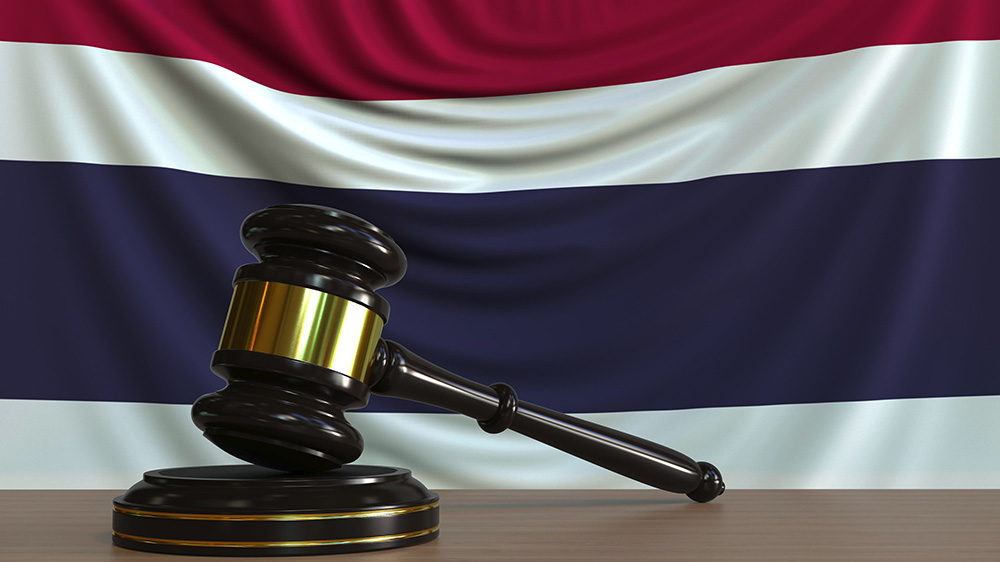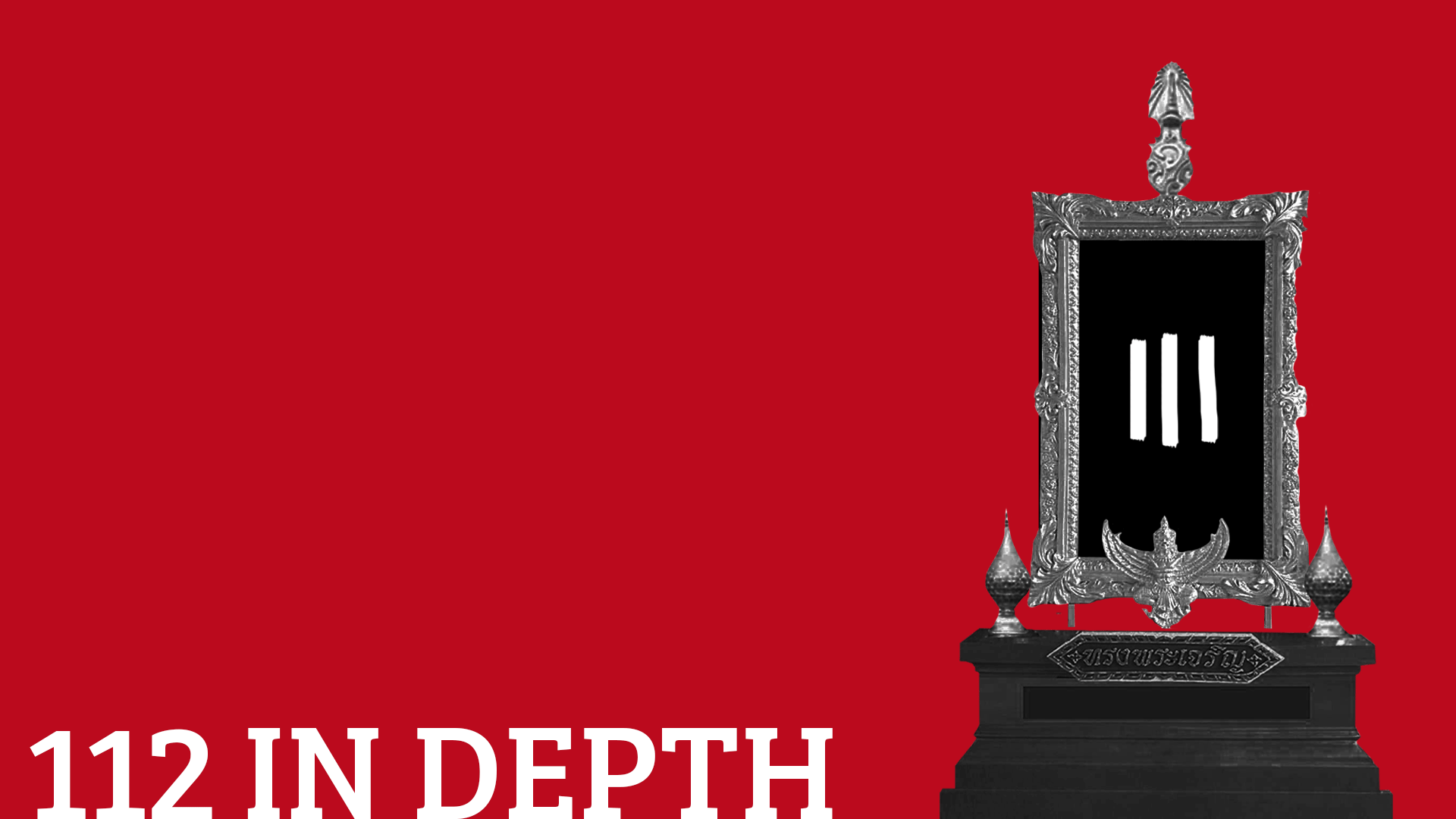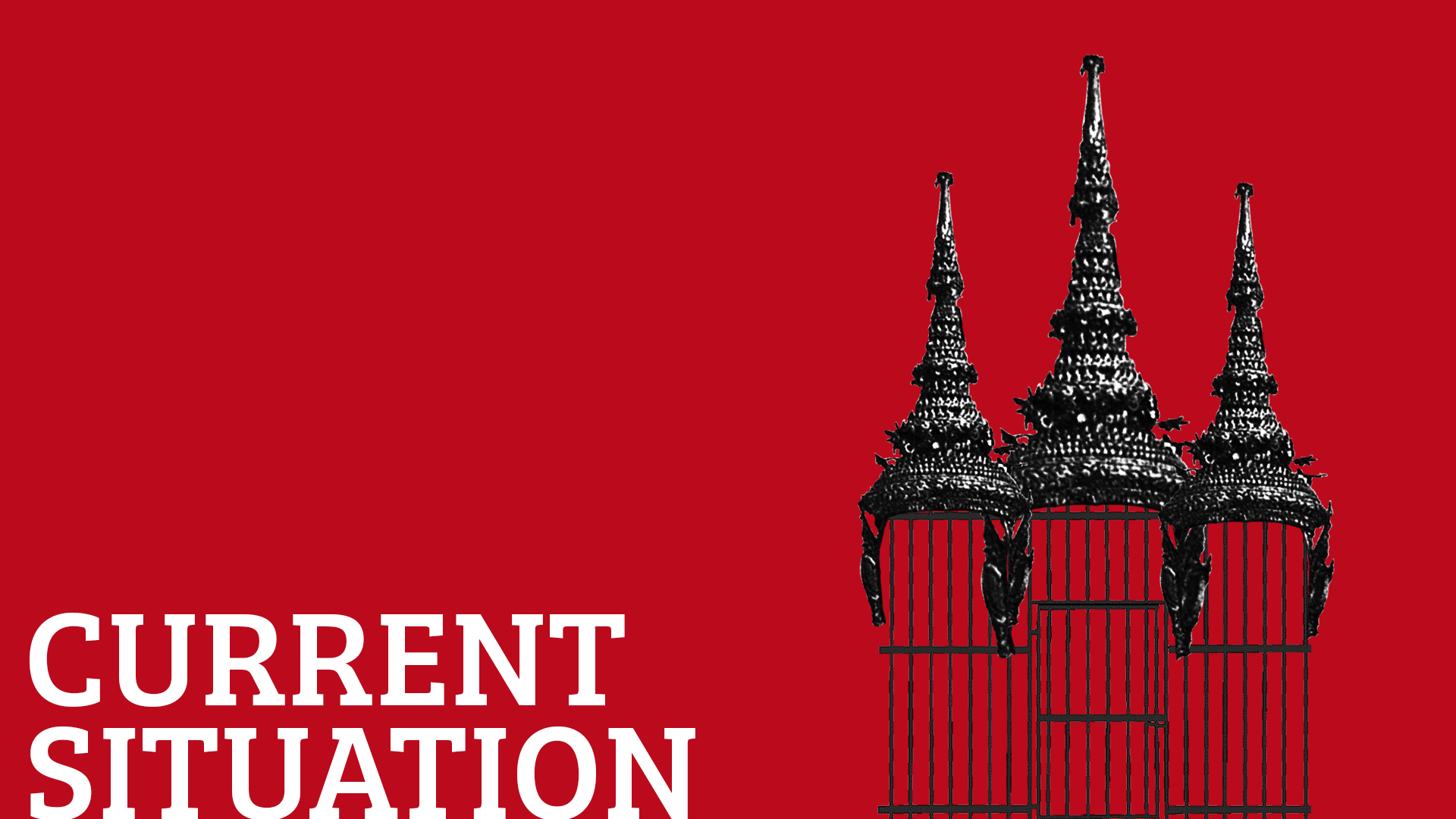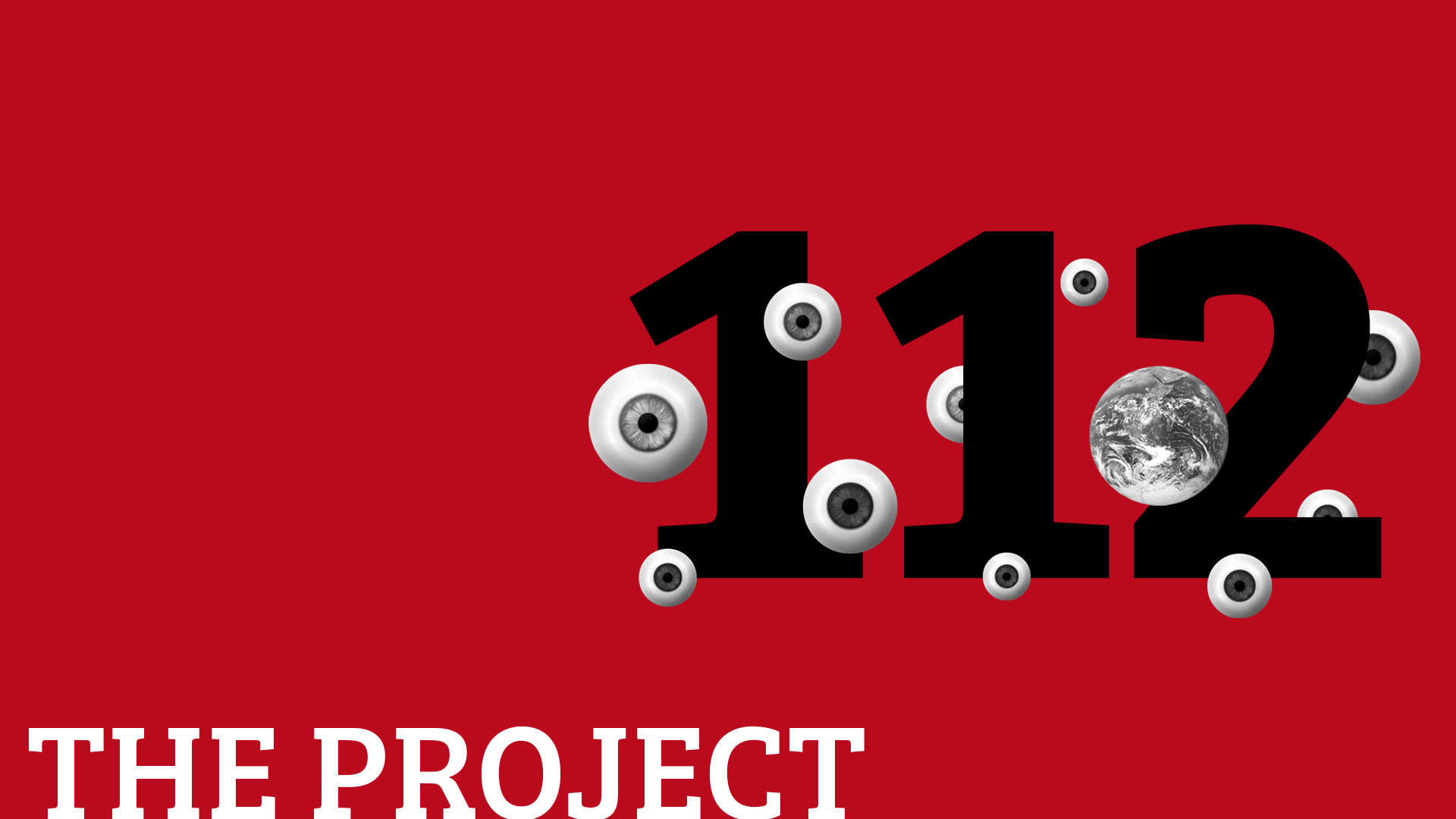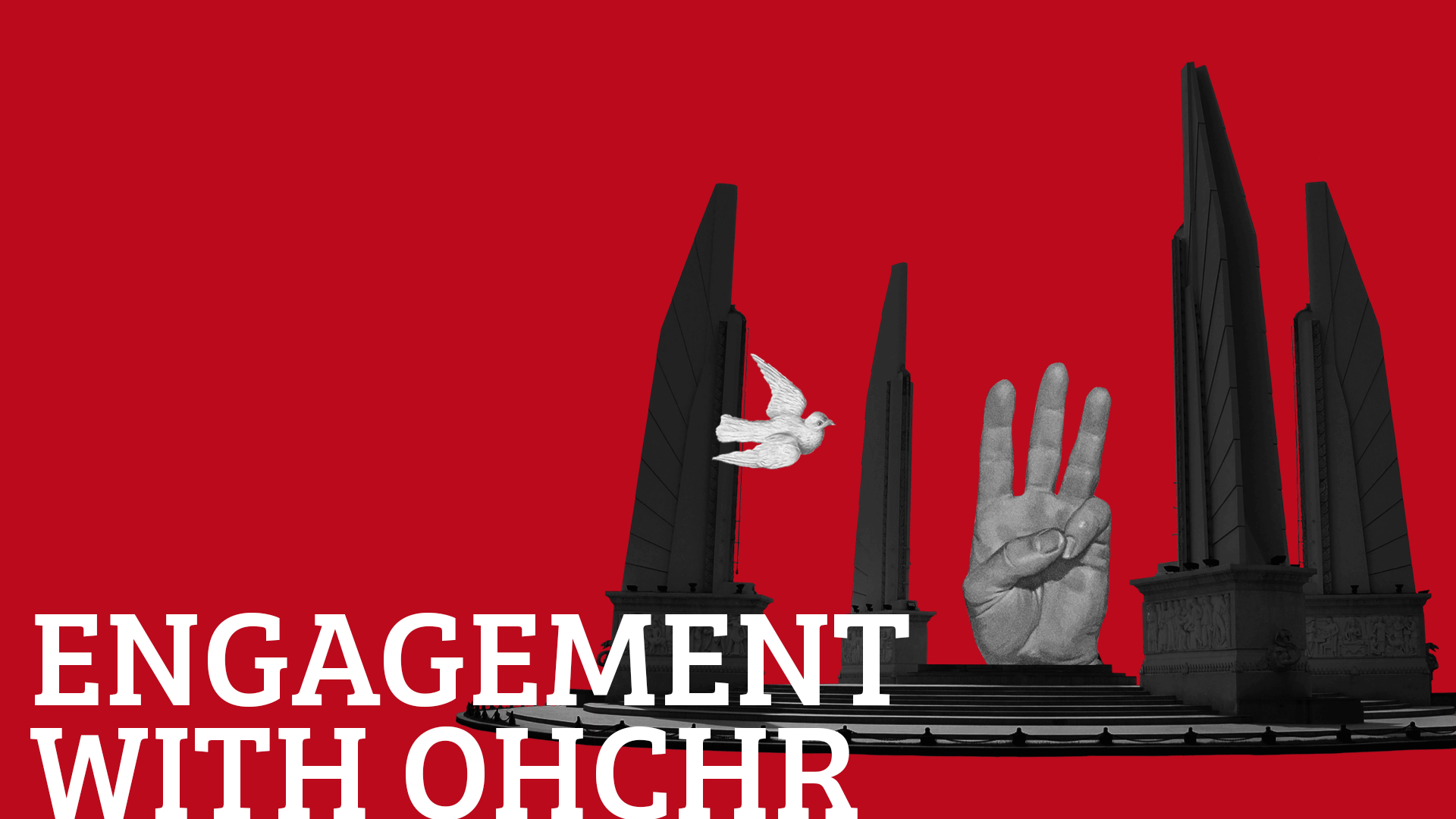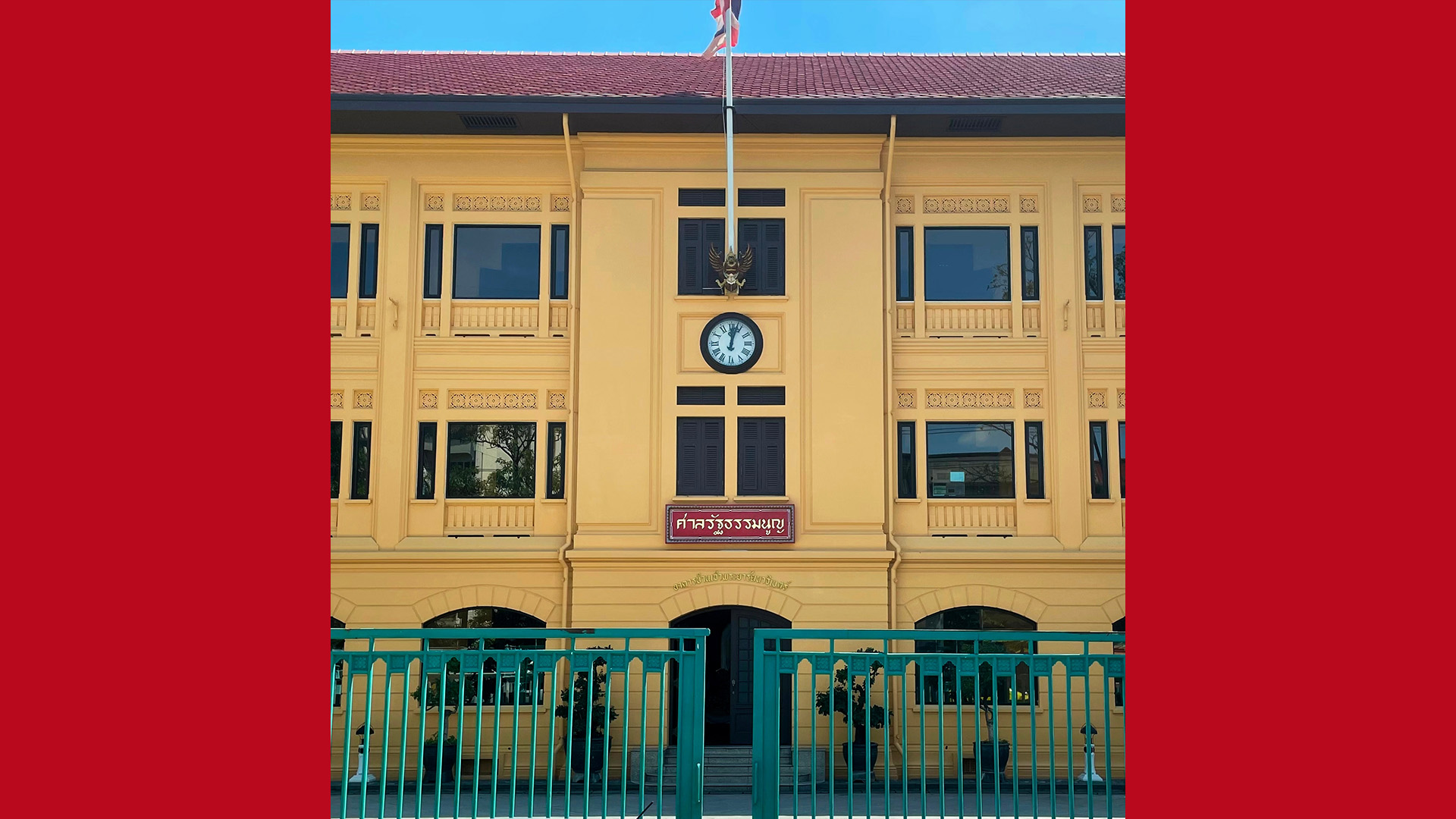
Beyond Lèse-Majesté: Is Thailand’s Constitutional Court Threatening Democracy with Its Silence?
The Court's failure to act transparently and equitably could spell disaster for the nation's democratic integrity.
Prem Singh Gill – July 19, 2024
Thailand’s political landscape is often caught in the delicate balance between maintaining reverence for the monarchy and upholding democratic principles. Yet, a pressing question looms: does the Thai Constitutional Court's lack of explanation for Section 112 decisions reveal a systemic issue undermining democracy, considering even autocratic states like Saudi Arabia have less harsh penalties? This question highlights a troubling trend in the Court’s approach, where the preservation of monarchical reverence frequently takes precedence over democratic values enshrined in the Constitution.
Royal Reverence vs. Democratic Integrity: Thailand’s Constitutional Crisis
The Constitutional Court’s explanations consistently hinge on two main points: democracy, defined as the sovereignty belonging to the people, and the King as the Head of State, establishing the state’s form as a kingdom. This framework is supposed to balance democratic principles with monarchical reverence. However, the Court’s decisions often skew this balance, placing disproportionate emphasis on the King’s status. This imbalance is glaringly evident in its reliance on Section 112 of the Criminal Code, which imposes severe penalties for any perceived diminution of the monarchy's status.
Section 112, or the lèse-majesté law, imposes penalties of up to 15 years for defaming, insulting, or threatening the King, Queen, heir-apparent, or Regent. This approach is harsh and unparallelled globally, even in autocratic states like Saudi Arabia, which impose comparatively milder penalties for similar offences. Constitutional monarchies with strong democratic traditions, such as Norway and Sweden, maintain more balanced legal frameworks. In these countries, while respect for the monarchy is upheld, the legal protections are designed to support democratic debate and free speech rather than suppress dissent. Thailand’s extreme penalties reveal a deeper issue within its legal system: a pronounced imbalance that privileges monarchical reverence over democratic freedoms.
Section 112: Undermining Democracy
The Court’s failure to thoroughly explain the legal principles underpinning its decisions exacerbates this issue. By consistently deferring to the King’s inviolable status, the Court neglects the democratic principle that sovereignty belongs to the people. This isn’t merely a procedural lapse; it’s a profound systemic flaw. The lack of detailed legal reasoning undermines transparency and accountability, essential elements of a functioning democracy. It suggests that the Court is more concerned with protecting the monarchy’s sanctity than with upholding democratic values.
Recent adjudications by the Constitutional Court have raised concerns about its independence and impartiality, particularly when it comes to cases involving political matters. For instance, in a recent case involving the dissolution of a political party, the Court's decision to end its enquiry abruptly, citing sufficient evidence without conducting a thorough investigation, has been criticised. This case exemplifies a broader trend where the Court's decisions are perceived as lacking comprehensive legal analysis and appearing to serve political ends rather than adhering strictly to legal principles.
This perception is reinforced by the Court’s historical precedent. In past cases, the dissolution of political parties has frequently been justified on the grounds of protecting the monarchy, with scant consideration given to the broader democratic implications. The repetitive invocation of the King’s inviolable status, without a balanced evaluation of the people’s sovereignty, suggests a systemic issue: the Court’s decisions often appear more symbolic than substantive, reinforcing monarchical dominance rather than advancing democratic governance.
Judicial Silence: Eroding Public Trust
The systemic flaw here has profound implications. When the highest judicial authority consistently prioritises monarchical reverence over democratic principles, it sets a dangerous precedent for the rule of law. It implies that certain constitutional provisions are beyond scrutiny, regardless of their impact on democratic freedoms. This undermines the very essence of democracy, which necessitates that all laws and institutions be subject to critical evaluation and reform according to the people’s sovereign will.
Moreover, this imbalance erodes public trust in the judiciary. When the Constitutional Court is perceived as an instrument of political influence, its legitimacy is compromised. The judiciary is expected to act as an independent arbiter of the law, but the Court’s consistent failure to provide transparent and detailed legal reasoning suggests susceptibility to external pressures, particularly those aimed at preserving the monarchy’s status. This perception of partiality undermines public confidence in the legal system and erodes the rule of law.
The severe penalties imposed by Section 112 exacerbate this issue. The extremity of these penalties, unmatched by any other country, reflects an overzealous approach to protecting the monarchy. This not only stifles free speech but also creates a climate of fear and self-censorship. In democratic societies, including those with constitutional monarchies like Norway and Sweden, the right to critique and question institutions, including the monarchy, is fundamental. The disproportionate penalties under Section 112 create a chilling effect that undermines this democratic principle.
Even in autocratic states like Saudi Arabia, such extreme penalties are not imposed for similar offences, underscoring the disproportionate nature of Thailand’s approach. The justification for Section 112, while ostensibly to preserve the monarchy’s dignity, in practise suppresses dissent and maintains the status quo. This contradicts democratic principles of open debate and free expression, further illustrating the systemic flaw in Thailand’s legal framework.
Given these considerations, the Constitutional Court’s failure to thoroughly address legal issues and its repetitive focus on monarchical reverence is not merely a procedural shortcoming but a fundamental issue undermining democracy in Thailand. This imbalance erodes public trust, stifles free speech, and compromises the rule of law. To rectify this, the Court must adopt a more balanced approach that genuinely considers both democratic principles and the monarchy's status. It must move beyond rote reiterations of the King’s inviolability towards transparent, detailed legal reasoning that upholds the people’s sovereignty. Furthermore, Section 112 should be reassessed to align with international norms, ensuring that it protects the monarchy’s dignity without stifling democratic discourse.
Ultimately, the Constitutional Court must confront these critical issues head-on if it is to genuinely fulfil its role as an independent arbiter and defender of democracy in Thailand. Its current silence and lack of transparency risk undermining public trust and weakening the rule of law. To reclaim its authority and credibility, the Court must prioritize openness and accountability, clearly justifying its decisions and demonstrating an unwavering commitment to fairness. If the Court continues to avoid these crucial responsibilities, it will not only erode public confidence but also jeopardise the very foundations of Thailand’s democracy. The time for decisive action is now; the Court's failure to act transparently and equitably could spell disaster for the nation's democratic integrity.
Prem Singh Gill
Prem Singh Gill is a Visiting Scholar at the Universitas of Muhammadiyah Yogyakarta, Indonesia and a Visiting Scholar at Thammasat University
Banner: Bangkok, Thailand - November 2, 2022 : The Constitutional Court of The Kingdom of Thailand. Photo: SirichaiKeng, Shutterstock

